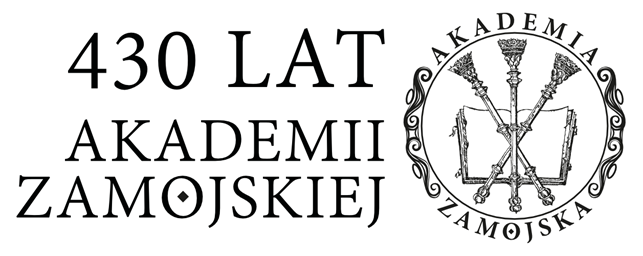Pedro V (1859–1891): The Catholic Ruler of Congo in the Face of the Changing International Situation
Abstract
The article characterises the figure of the last independent ruler of Congo, Pedro V, who ruled in the early colonial era, crucial to the history of Africa. It was a significant period for the entire African continent. In Congo, it was a time of economic, urban and political transformations. Pedro V, a Catholic ruler whose crown came from the hands of the Portuguese, faced many political decisions. With a limited power apparatus, while remaining the ruler of the ‘kingdom of the mind’, the position of Pedro V continued to be significant in a society with a strong sense of unity, constituting one of the elements binding the fragmented territory. The kingdom was unceasingly based on the foundations of a centuries-old tradition with the king, whose recognition and power were anchored in the Catholic worship that sanctified power. At the end of the nineteenth century, Protestant missionaries of the British Missionary Society came to Congo, which gave the king a new view of alliances, allowing him to think more boldly about independence from the Portuguese, to whom he owed the throne. The article shows Pedro V in his own trap: in order to preserve the throne, he contributed to the colonisation of his country, voluntarily acknowledging the sovereignty of Lisbon in exchange for support. His persistence in Catholicism is noteworthy, regardless of changing circumstances and internal and external alliances. Judged by contemporary historians as a good diplomat and playmaker, he was able to find a place for himself in the new geopolitical circumstances that Europeans prepared for Africa.
Keywords:
king Pedro V, Order of Christ, Kingdom of Congo, BaptistsDetails
References
Statistics
Authors
Citation rules
Licence

This work is licensed under a Creative Commons Attribution-NonCommercial-NoDerivatives 4.0 International License.


 Język Polski
Język Polski
 English
English
 Italiano
Italiano

